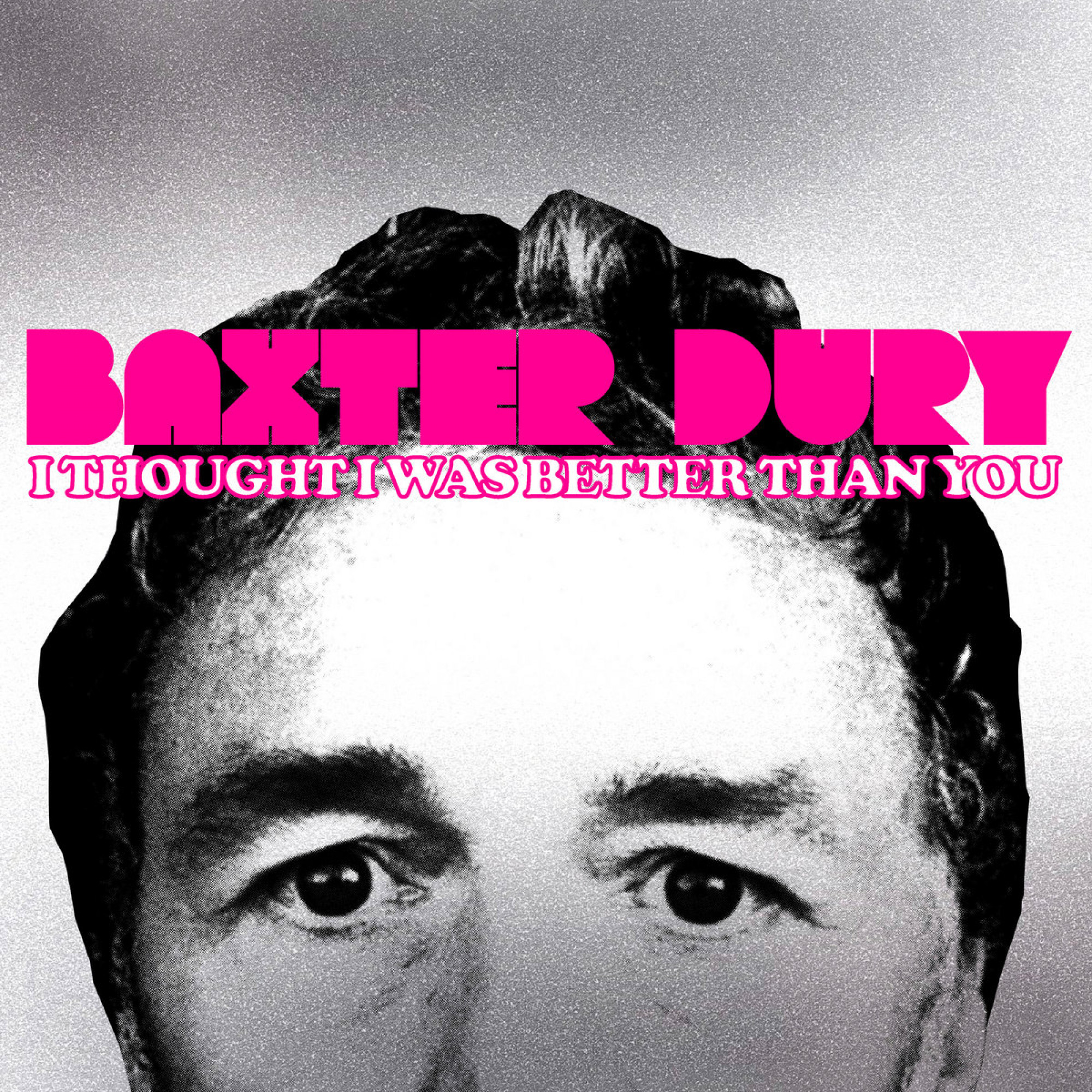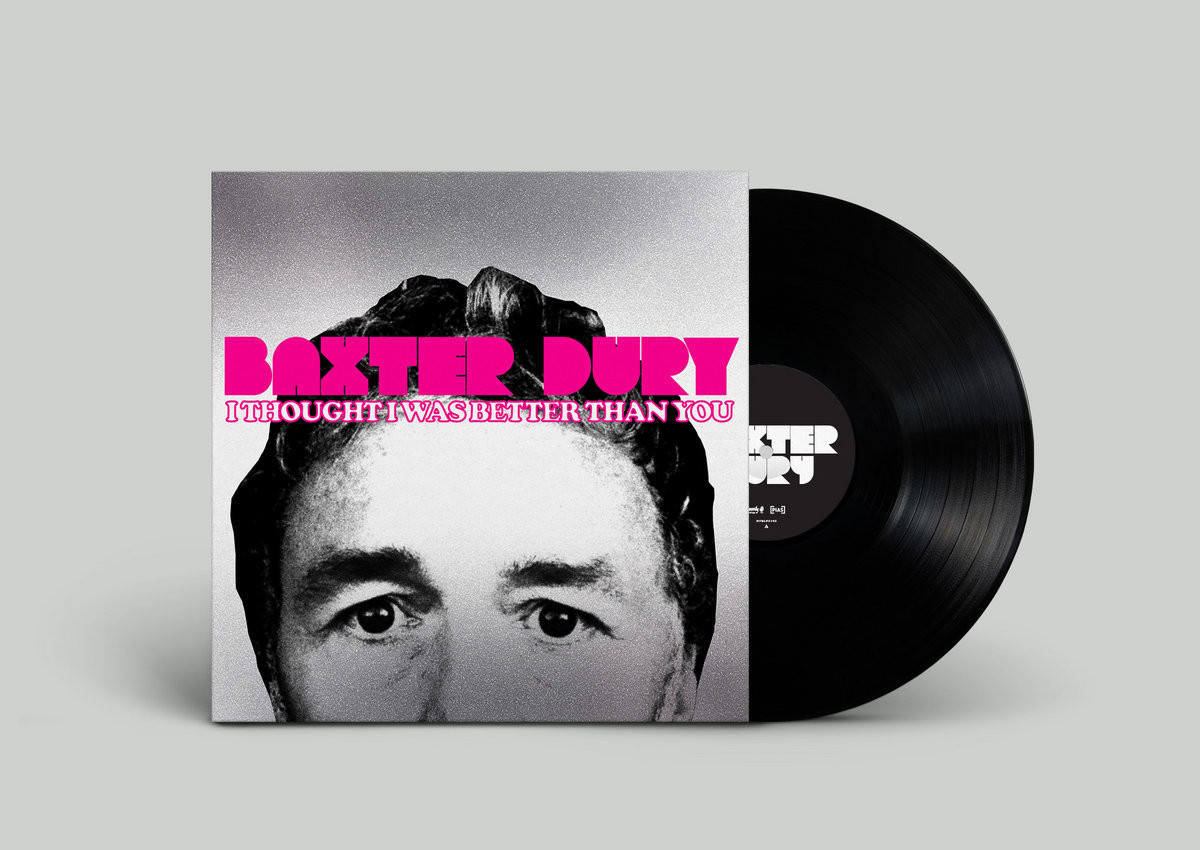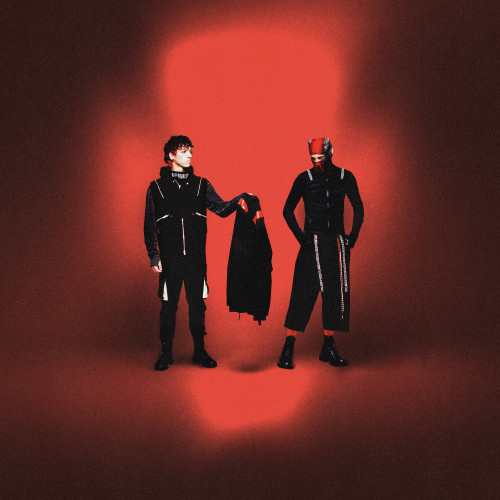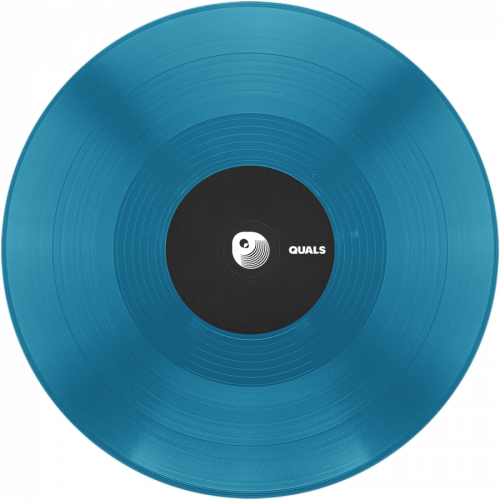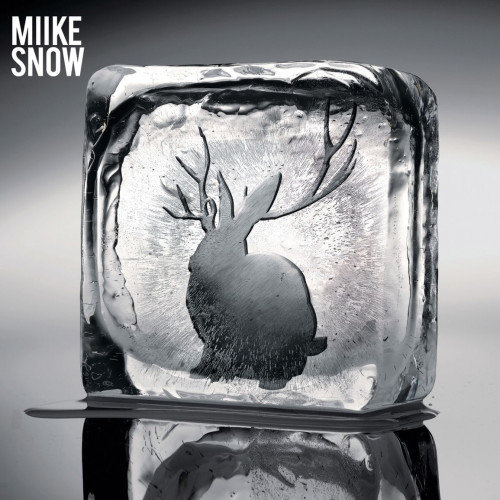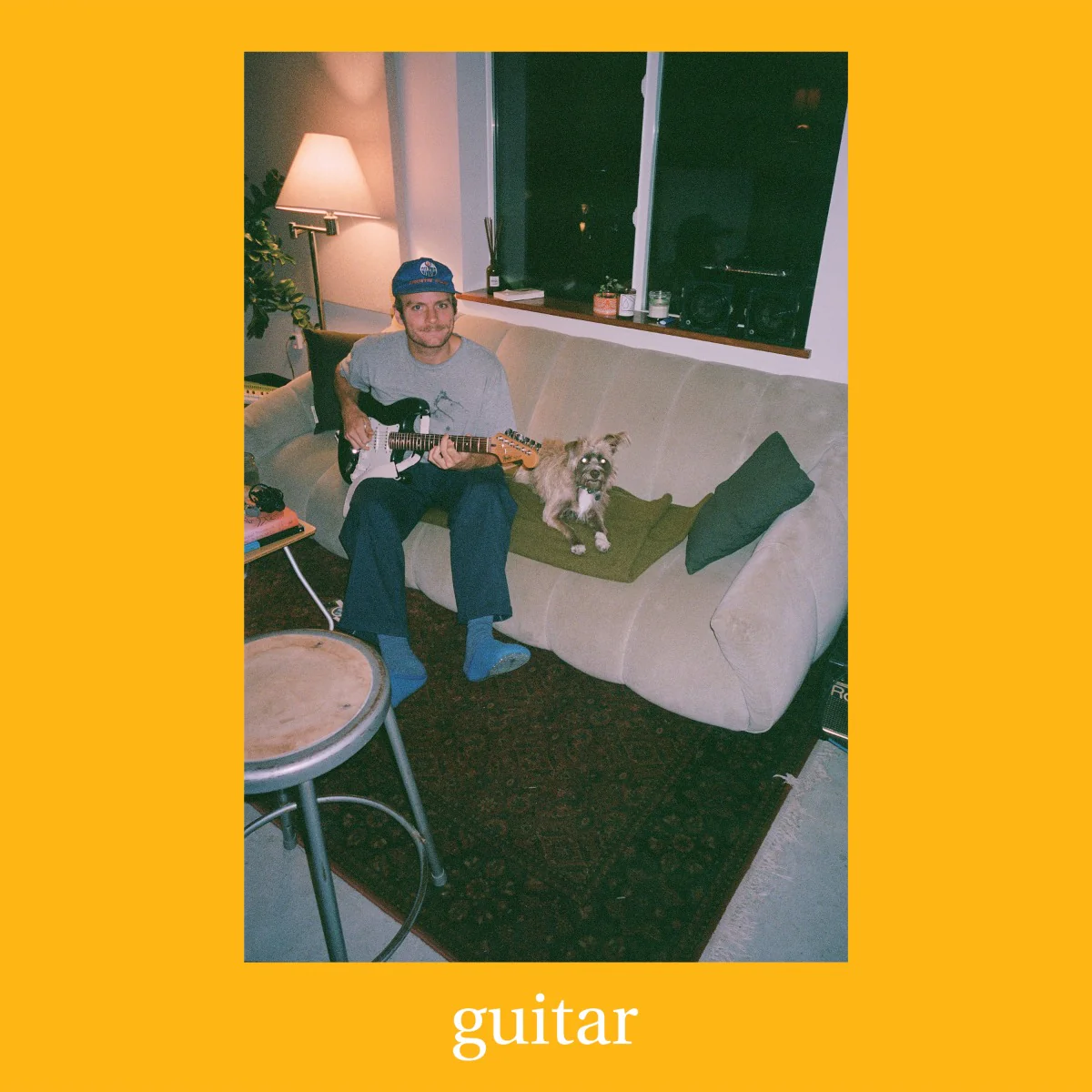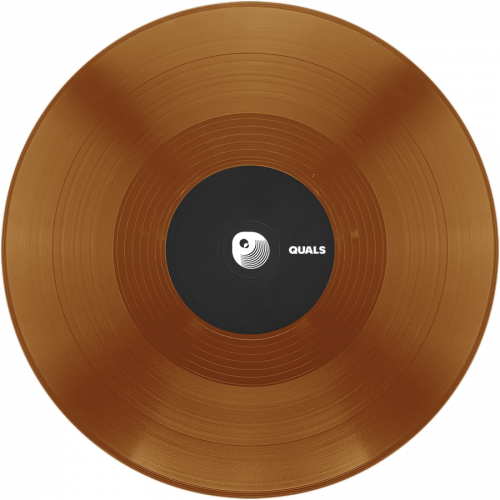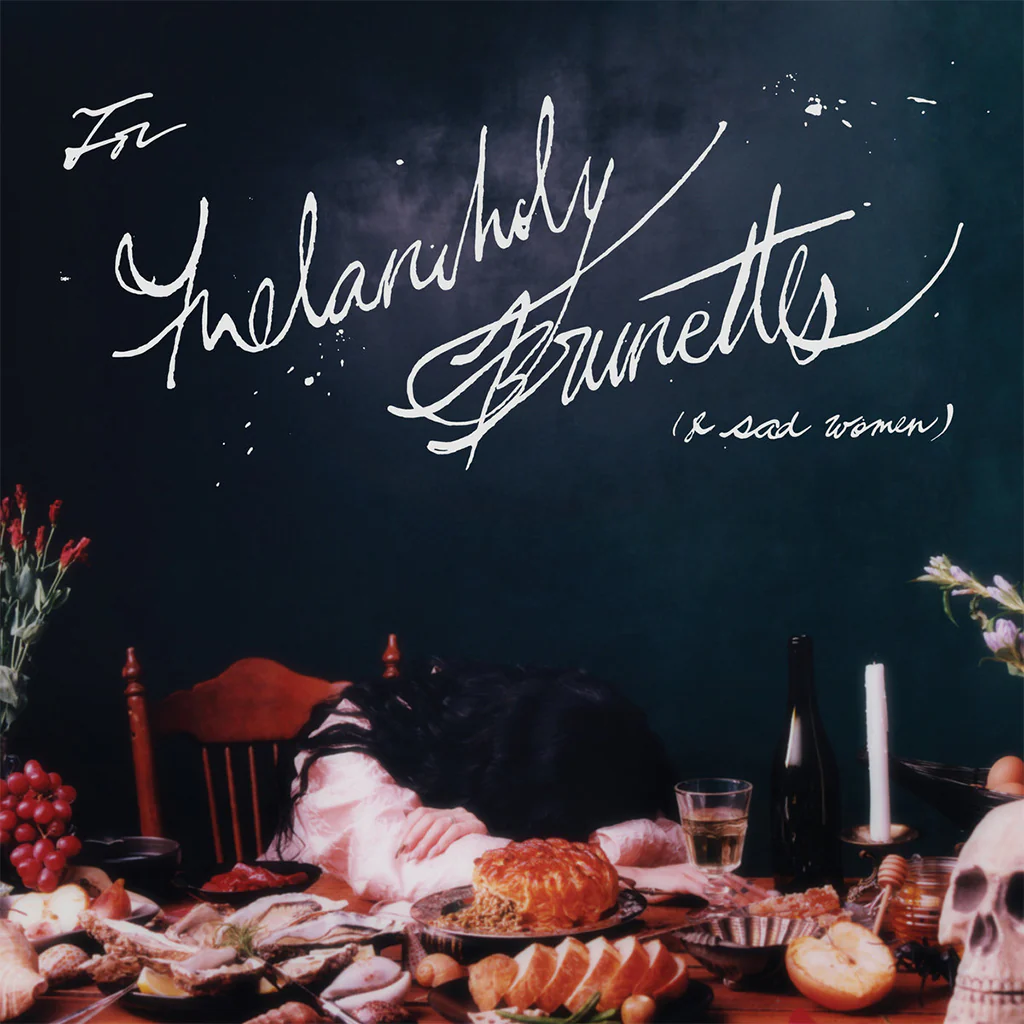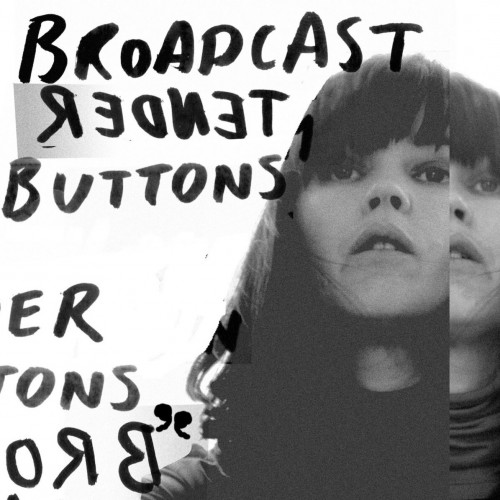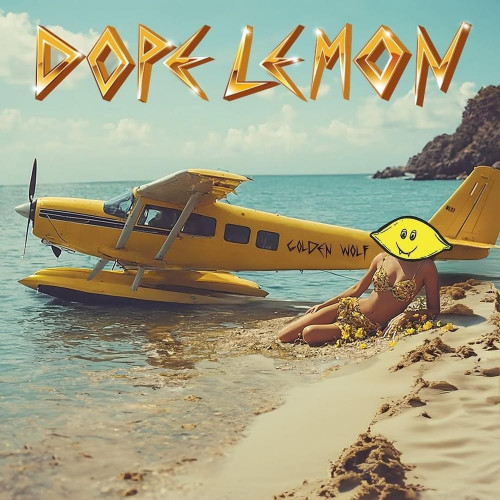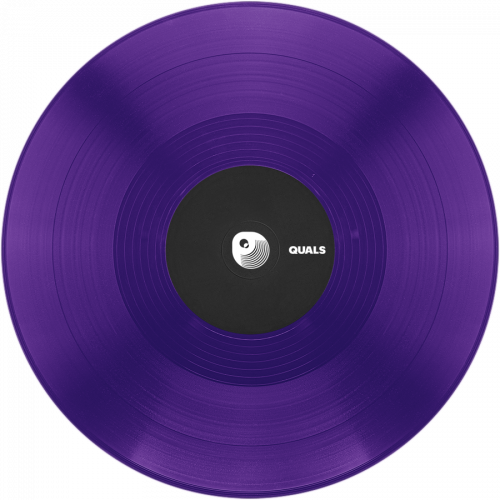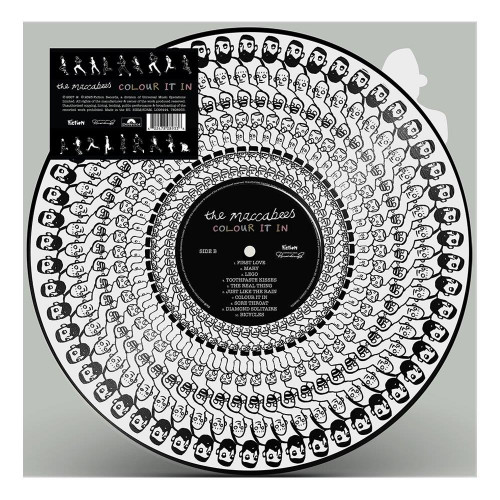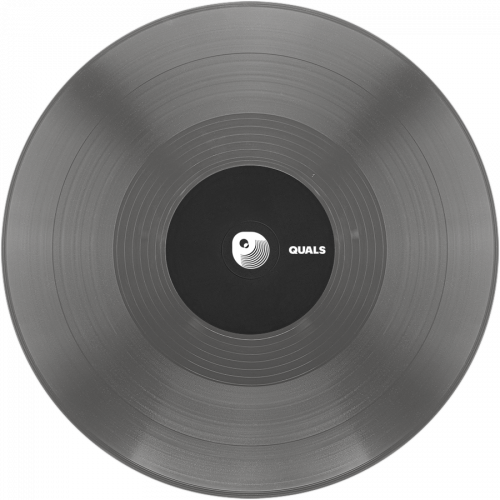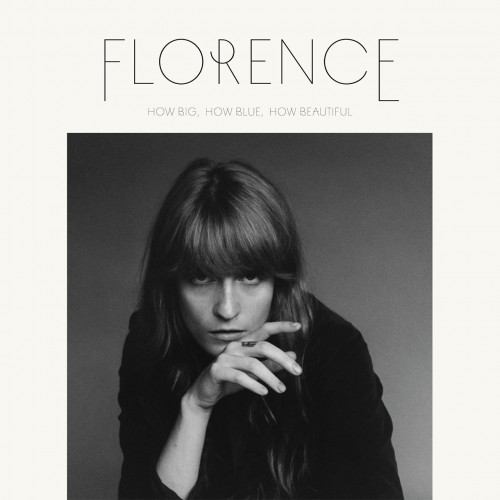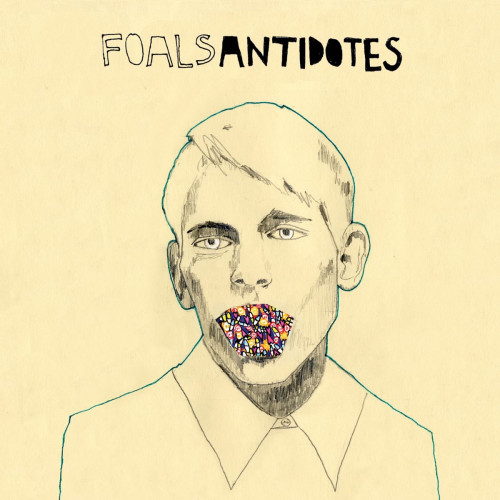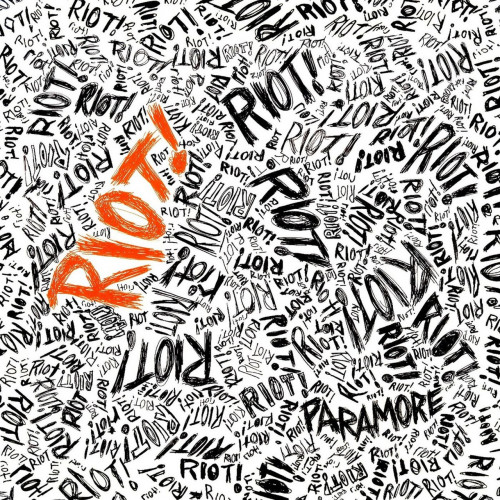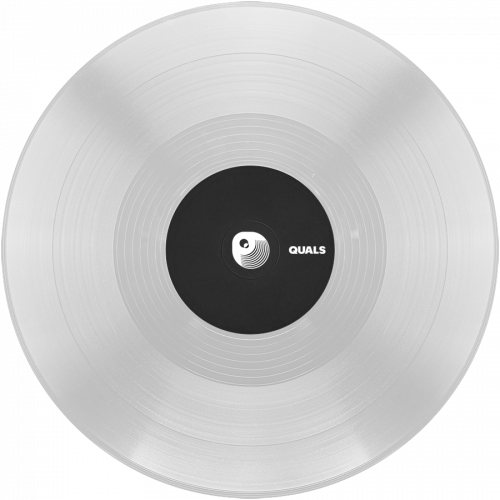The record also serves as a kind of extension to Baxter’s 2021 book, Chaise Lounge, in which he winningly recounted the story of his unique childhood. Not only does he expand the language of the book, using words to paint disconnected images rather than to string sentences (a kind of cockney hieroglyphics), but he often revisits moments within the book. Characters like ‘Tricksy’ re-appear in ‘Aylesbury Boy’ and ‘Pale White Nissan’, for example, but mainly it’s the abstracted tales of a young Baxter, troubled and in trouble, a victim of circumstance, straddling between a world of ‘Fuck you Leon…/ You stole the sunglasses and I got busted’ and a desire for ‘Porridge in the morning and be normal’.
Perhaps most importantly for Baxter, the way the record plays around with a looser hip-hop inflected style means it becomes a soundtrack of the book itself, “It reflects the kind of music I was listening to back then. Me and my mates weren’t indie kids. We were graffiti boys with colourful shoelaces and boomboxes listening to Afrika Bambaataa and smoking loads of weed.” This album feels closer to who Baxter is than ever before, rather than who people might expect him to be, or want him to be. The musical shadow of Ian Dury which has loomed over 6 Baxter albums, and over twenty years, finally materialises here. No longer a taboo, Baxter confronts the legacy of his father head on and in doing so exorcises it. The purest and most beautiful way that Baxter achieves this is by having his own son, Kosmo, writing on the record too - safe in the knowledge that he would not be passing on the cultural burden that was passed onto him.
Many of the songs on the album map a chaotic sequence of dreamlike events that try and describe Baxter’s journey of growing up, but none as colourfully as ‘Aylesbury Boy’. “This song is about coming from one place and arriving at another without fitting in to either,” he explains, “and I think of these people like characters from Studio Ghibli’s Spirited Away.”
‘Day ghosts raised by long faces,’ he sings in his over gesticulated, Ladbroke Grovian sputter: a ‘Day Ghost’ being “someone who roams the streets avoiding school”, and a ‘Long Face’ being a “disappointed adult”. The language is classic Baxter Dury.
In making the album, Baxter tried to overturn all previous processes, liberating himself from the traditional routine of recording parts, people and instrumentation. Instead, he created rough demos in his living room using barely-functioning machines, gave them to producer Paul White (Danny Brown, Obonjayer, Charli XCX), who helped them come to life in his living room using some slightly better machines. The simplicity of the operation gave him the space to explore more abstract musical ideas and experiment with his story-telling style.
Taking influence from American artists like Frank Ocean, Tyler the Creator and Vegyn to name a few, we can hear the essence of this drowsy, psychedelic west-coast hip-hop oozing through the cracks of I Thought I Was Better Than You. It was not so much the sound of this kind of music that inspired him, but more its delicacy, effeminacy, and its genre-fluidity; how it remains unburdened by restrictive musical structures.
